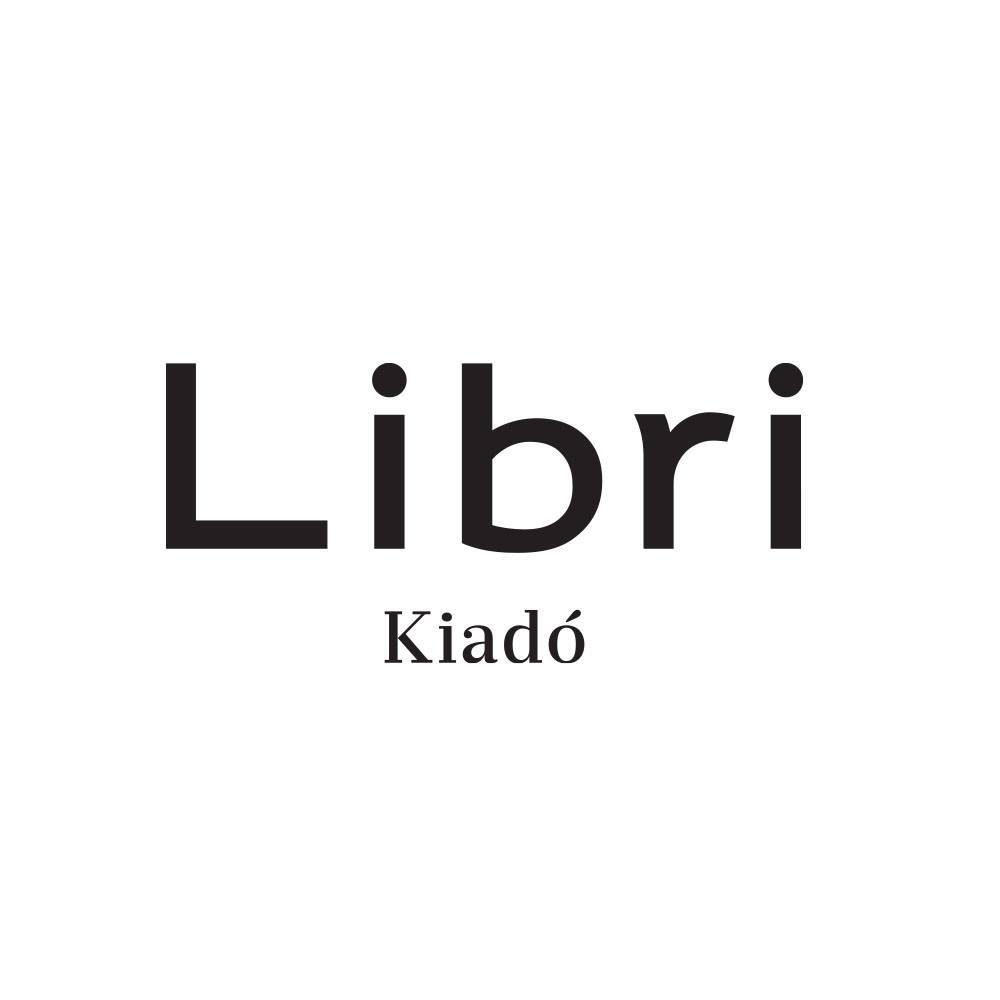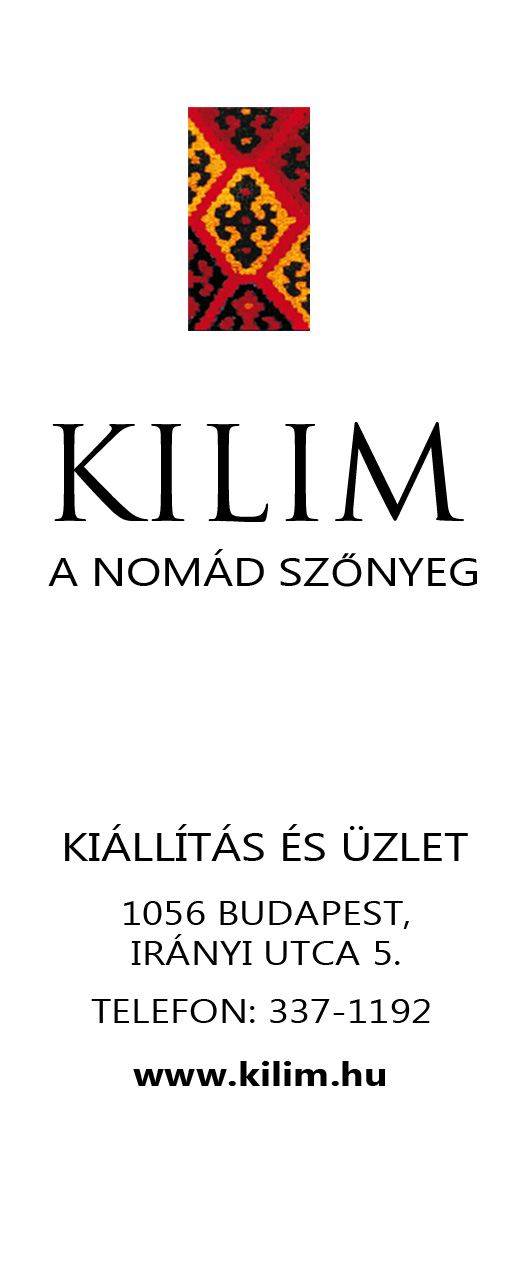Program series
Concert at lunchtime! Lunch at a concert!
The House of Music's latest series – Lunchtime concerts – means you can enjoy short concerts by young talents at lunchtime. This series features music from students of the Academy of Music, and the 35-minute mini-concerts are complemented by a meal.
In the underground levels of the House of Music Hungary lies the Sound Dome. This is where the program begins, with a short film providing an unusual acoustic and visual experience, after which the visitors are shown an increasing number of similar films.
The crown jewel of the House of Music's Creative Sound Space, which opened in 2022, is an experimental organ that can truly be called a Hungarian treasure. Dániel Váczi developed the concept for the installation largely based on ideas that György Ligeti had already envisioned for the organ of the future in the 1960s.
We are welcoming the whole family to our outdoor stage with ever more exciting concerts, performances and activities at 10:30 every Saturday throughout the summer! Our series is not only dedicated to a wide variety of musical genres – from jazz through Hungarian and African folk music to classical music – but also to some great artists who may be less familiar to the general public but who really deserve more attention.
Ramazuri – Music from A to Z, for both children and adults, from concerts to workshops – is a monthly series of events which aims to provide entertainment for the whole family.
The concerts of our Tuned to Piano program series can easily captivate those who are still far from the world of romantic piano literature, while they also hold new experiences for those who come to the House of Music Hungary as black-belt classical music fans.
This programme is held in Hungarian.
In addition to the popular Hangadó performances, Árpád Tóth, a singing and music teacher known for his accessible lectures, is launching a new series.
The series, entitled Under the Magnifying Glass, is aimed at those who like to delve deeper into the works: the usual 90-minute interactive lectures detail a lesser-known, great piece in many aspects, while the accessible analysis is complemented by the participation of a young, professional vocal ensemble, Capella Columbae.
This programme is held in Hungarian.
This year, the free Dance House outdoors continues from May to September on the Open-Air stage of the House of Music.
This programme is held in Hungarian.
The highly successful Salsa in the Park dance program will entertain Latin music enthusiasts this summer and early fall on the Outdoor Stage of the House of Music. At the free events in 2025, alongside the Budapest-based Son tres band, José DJ Cuba's Latin sets and Bea's dance lessons will expand the program. The DJ sets and band blocks will alternate.
"Sound/Man" is a special series of conversational and musical shows where well-known musicians share their personal experiences and creative secrets as storytellers.
.jpg)

